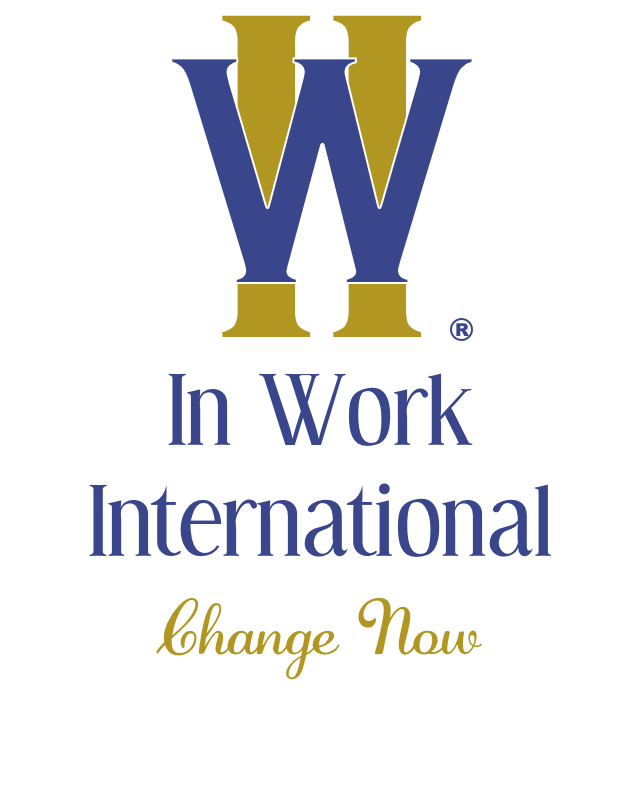In my previous article, I discussed how Australia’s significant skill shortages in the automotive trades evolved. In this article, I will discuss the implications of skills shortages for the industry and a solution to address those skills shortages.
Typical responses by most employers to a vacancy is to advertise in the hope of attracting a skilled worker.
The challenge is that when there are skills shortages there is only a limited number of skilled workers available in the ‘skills pool’. In the case of motor mechanics the Australian Government has estimated that the size of the skills pool is just over 101,000. These skilled workers can be characterised as those:
• who are already employed by competitors;
• who may be unemployed and cannot find employment in their local labour market (usually not prepared to move to locations where there are vacancies for family reasons);
• who are unsuitable and may be unemployed due to their reputation for poor quality workmanship, inability to get along with others, or attitude problem (this is often obvious from the CV due to the multiple short term jobs they have held).
Any advertising means that the employer will have to select from unemployed workers with problematic work experiences or those who are already employed. Recruiting skilled workers who are already employed with a competitor has serious implications for ongoing workforce stability in the industry. Skilled workers are essential to operate businesses: without them there is less revenue and hence lower profitability. Employers that have lost skilled workers to competitors through poaching, will reciprocate by poaching from other employers. No employer is immune to the ‘feeding frenzy’ once poaching of skilled workers starts; the issue will always be the ‘price’ on offer.
The main mechanism to ‘poach’ the skilled workers is offering increased wages which puts upward pressure on wages for all workers whose skills are in shortage. It is natural that the skilled workers will be interested in higher wages and if it means that they have to change employers they will. Loyalty to an employer is not as evident as was the case previously and is likely to only become worse as the millennials increase their share of the labour market. The ensuing chaos for the industry leads to increased wages, squeezed margins and reduced profitability, particularly because of manufacturer imposed cap priced servicing.
There is only one solution to the limited size of the skills pool which is to inject additional skilled workers. While recruiting additional apprentices may assist in the longer term (ie: four years hence), the immediate need for skilled workers, means the dealership has to recruit from overseas to enlarge the limited size of the skills pool.
The Australian Government has arrangements in place for skilled workers to work in Australia on temporary work visas for up to four years. Formerly known as the 457 visa, the 482 temporary skills shortage visa and the regional skills migration scheme visas are the main options for employers to inject additional skilled workers reasonably quickly.
In response to emerging skills shortages, until around 2011, the Australian Government approved around 1,200 skills visas per year for motor mechanics (also includes diesel mechanics). From 2012, the number of visa approvals dramatically increased to around 2,000 per year and peaked at almost 3,100 at the end of June 2014. Since then the number of visa approvals for motor mechanics have dropped to just less than 2,000 again. A large proportion of these motor mechanics have now obtained permanent residency and remained in Australia adding to the domestic pool of skilled workers, which has dampened the upward pressure on wages.
In March 2018, the top three source countries for skilled motor mechanics who were on skills visas in Australia accounted for over 60 per cent of the total and included the Philippines (29.1 per cent), India (17.4 per cent) and UK (13.9 per cent).
Source Countries for Motor Mechanics in Australia under Skills Visas (March 2018)
Philippines 572 India 342 UK 273 Ireland 91
Sri Lanka 80 Italy 62 China 59 South Africa 52
Korea 49 Pakistan 46 Germany 30 Fiji 25
Malaysia 19 France 18 Zimbabwe 15 Other countries 235
In my next article, I will discuss the pros and cons of recruiting from overseas and the differences in source countries.
Author
Tony Mitchener
